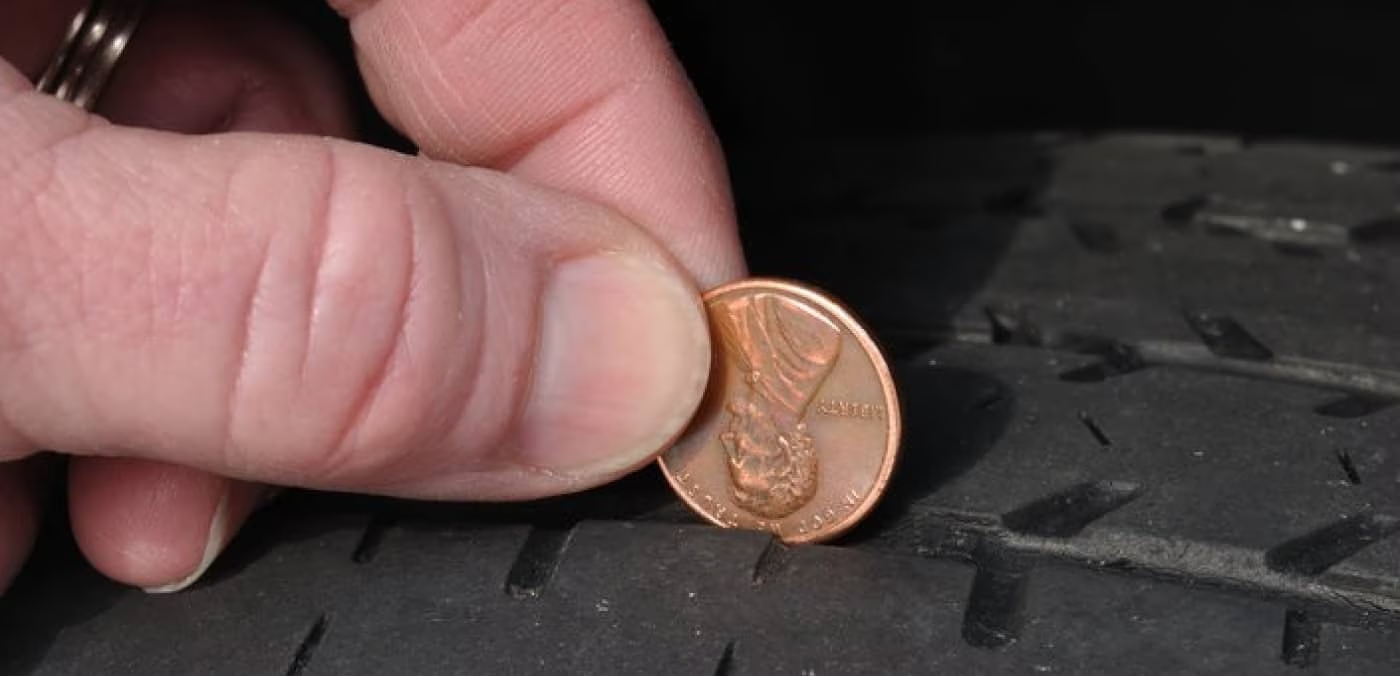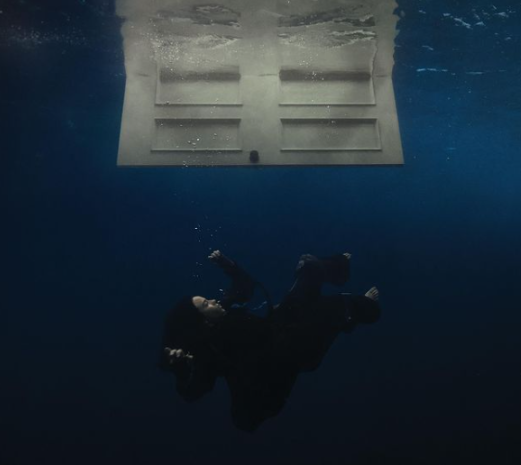Few people are as overjoyed about the arrival of spring as Potomac residents, and east coasters in general. So wouldn’t it make sense to let the natural processes of this beautiful time take place uninterrupted?
Little yellow caution flags popping up left and right on peoples’ lawns prove that this mindset may not be so popular. April marks the beginning of chemical mania, and after applying herbicides in the spring to eliminate weeds and crabgrass, many homeowners will go on to use pesticides in the summer.
The fact that there are countless dangers associated with the use of both herbicides and pesticides is no mystery. They damage the environment by seeping into the ground and contaminating ground water, and rain or sprinkler water can
Not only do herbicides and pesticides damage the environment, but they can also be detrimental to human health.
According to Livestrong.com, a partner of the LiveStrong foundation that promotes healthy living, Children are most susceptible to the negative effects of lawn chemicals because their immune systems are not fully developed. Short-term exposure to herbicides can cause irritation or chemical burns to the skin as well as nausea, and children who are exposed to herbicides long-term can suffer from seizures and other serious neurological and developmental damage.
Pets and other animals that are important to ecosystem are also significantly affected by herbicides, since they spend so much time outside and may chew on or ingest things on the ground. Chemicals can shorten animal’s life spans, and cause reproductive problems, vomiting and diarrhea. Pets may also trail harmful chemicals into their homes where they are exposed to the family.
According to a study done by the Environmetnal Protection Agency (EPA), Clopyralid, a herbicide commonly sold under the brand names Transline, Confront, and Stinger, is proved to increase skeletal deformities and excess fluid around the brains of rabbits fetuses.
Maintaining a healthy and luscious lawn without the use of harmful chemicals is not as daunting as most people think. When it comes to gardening, sometimes less is more.
“The type of grass found in this area is called fescue,” AP Environmental Science teacher Gary Rogers said. “Fescue becomes dormant when it gets warm out, but people tend to over water and over do chemical use rather than let it carry out its natural life cycle—the grass always perks back up in the fall.”
According to the magazine Organic Gardening, undiluted white vinegar can be used to kill existing weeds, and spreading corn gluten on the lawn can prevent weeds like dandelions from growing.
“You can also spot attack weeds with a salt water solution in a spray bottle,” Rogers said, “You might also try a boiling water application.”













